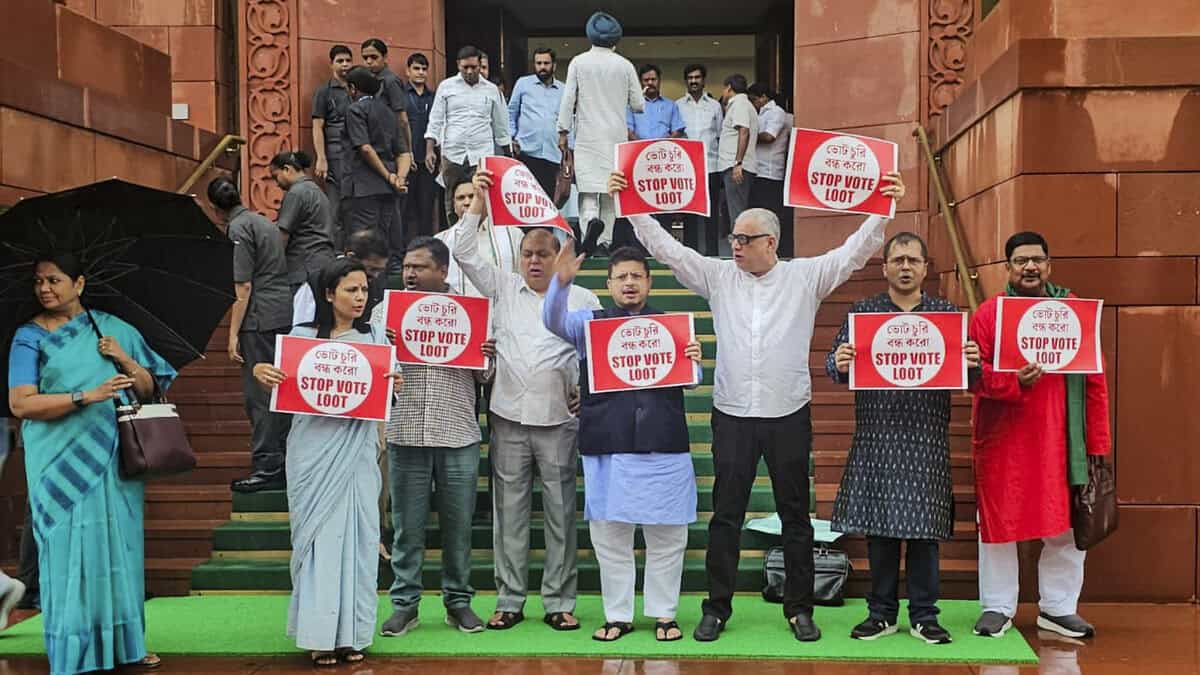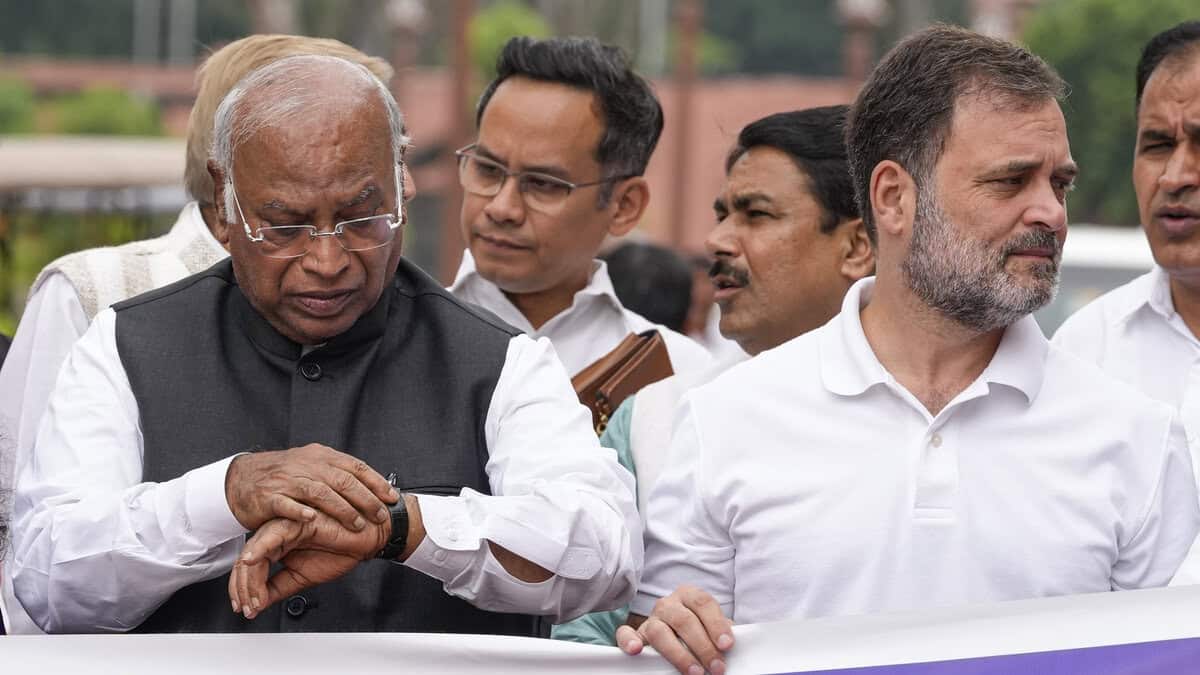Following Operation Sindoor, India’s defence spending is set to rise to $2.7 trillion in 2024. The government, DRDO and the private sector can work together to make India a significant player in defence exports, bringing economic and strategic benefits.
The global defence industry which is as big as $2.7 trillion (about Rs 231 lakh crore) can be jackpot for India. If the government, DRDO and private industry work together, it can not only meet its defence needs. In fact, it can emerge as an important player in the global defence export market.
What Rajnath Singh said about defence industry?
Defence Minister Rajnath Singh has also said that the demand for Indian defence equipment has increased after ‘Operation Sindoor’. He said at an event organised by DRDO, “The world is looking at our defense sector. The valor shown by our soldiers during Operation Sindoor and the way we demonstrated the capabilities of our indigenous equipment has increased the demand for our indigenous defense products. The world’s military expenditure is set to exceed $ 2.7 trillion in 2024 – such a huge market awaits us.” This means that India has a good opportunity to sell its defense products around the world.
Is India’s defense budget bigger than GDP of many countries?
India’s own defense budget is larger than the gross domestic product (GDP) of many countries. This is because it provide ample resources for indigenous defense manufacturing through initiatives like ‘Make in India’ and ‘Atmanirbhar Bharat.’ By doing this, dependence on defense imports is being reduced. In a positive sign, defense exports have reached a record Rs 23,622 crore in the financial year 2024-25.
Export opportunities will have to be explored
Going forward, India should leverage successful products like ERASR to explore export opportunities to countries that need to strengthen their naval capabilities, especially anti-submarine warfare capabilities. The government has also taken several steps to promote private sector participation in defence manufacturing, such as prioritising capital procurement through the GeM portal and increasing FDI limits.

















































